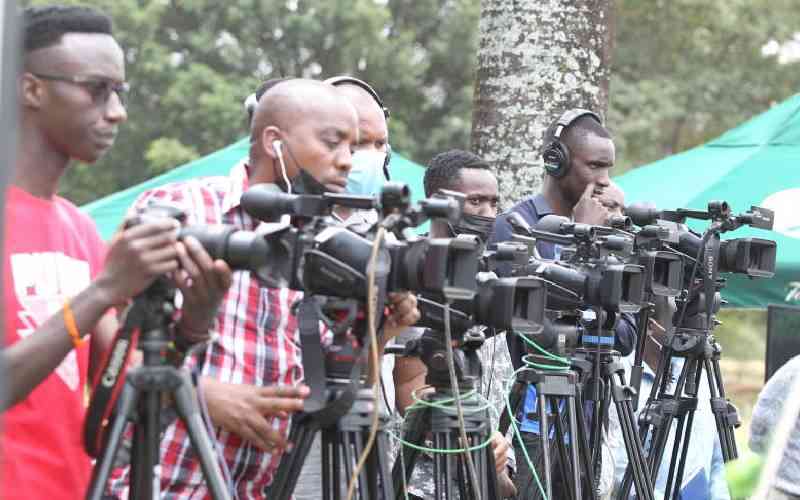×
The Standard e-Paper
Join Thousands Daily

The media and public have been unable to access information due to failure by the government to honour constitutional provisions.
Media stakeholders heard that secrecy by the State has also contributed to denying Kenyans information that they are entitled to, especially when journalists request access to it.